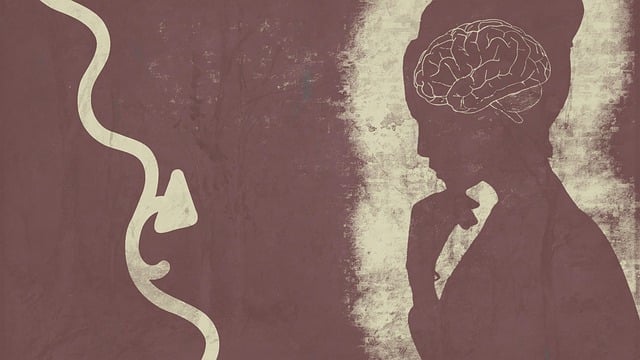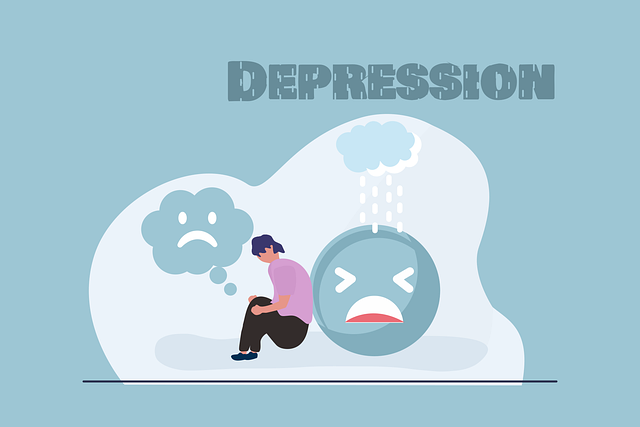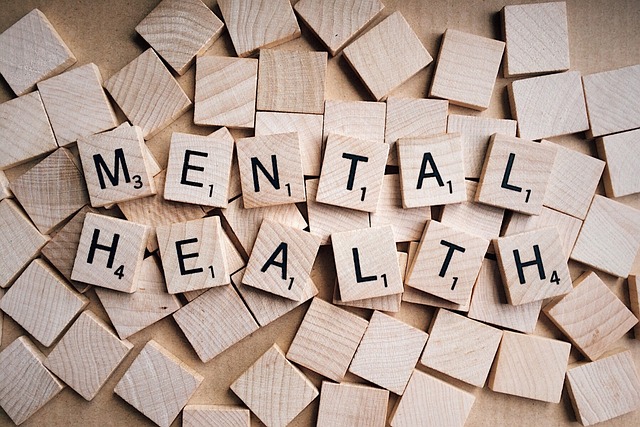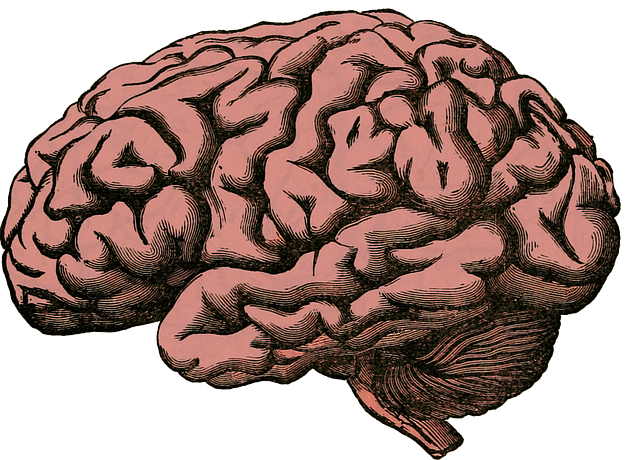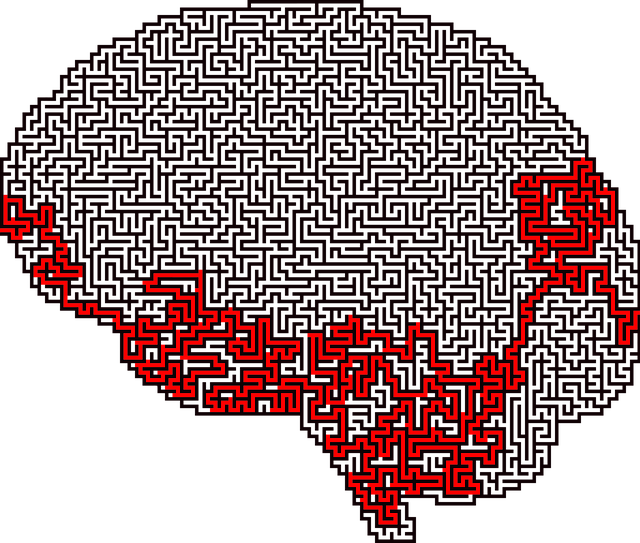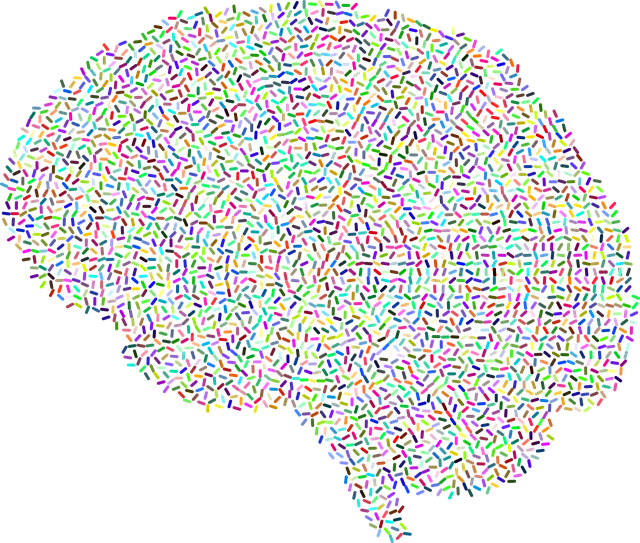Cultural competency is essential in therapy for adolescent teens dealing with relationship problems, as it addresses unique challenges from diverse backgrounds, including family dynamics and cultural norms. Healthcare providers require training to navigate complexities like varied family structures and trauma-sensitive services. Public emotional intelligence campaigns encourage teens to discuss struggles openly. Integrating these factors into care leads to more effective, inclusive, and responsive therapy for adolescent teens with relationship issues, ultimately enhancing their emotional healing journeys.
Cultural competency training is essential for healthcare providers working with adolescent teens, especially those dealing with relationship issues. This comprehensive guide explores key aspects of cultural competency in healthcare, focusing on therapy for adolescent teens and its impact on mental health. We delve into identifying and addressing relationship issues through specialized training, highlighting effective communication strategies that enhance patient care. By understanding the intricate interplay between culture and teen mental health, providers can better navigate diverse needs, fostering more meaningful connections with young patients.
- Understanding Cultural Competency in Healthcare for Adolescents
- Identifying and Addressing Relationship Issues Through Training
- The Impact of Culture on Teen Mental Health and Therapy
- Effective Communication Strategies for Providers in Youth Care
Understanding Cultural Competency in Healthcare for Adolescents

In the realm of healthcare, cultural competency is a vital aspect when treating adolescent teens with relationship issues. Understanding and addressing cultural nuances can significantly enhance therapy outcomes. Many young individuals from diverse backgrounds may face unique challenges related to their family dynamics, community values, and personal beliefs, which heavily influence their emotional well-being. For instance, cultural factors play a pivotal role in how adolescents express and cope with stress, communicate about intimate relationships, and seek support for mental health concerns.
Training healthcare providers to be culturally competent involves equipping them with the knowledge and skills to navigate these complex issues. This includes recognizing and respecting diverse family structures, understanding cultural norms surrounding privacy and confidentiality, and developing trauma-support services sensitive to various ethnic and religious backgrounds. Public awareness campaigns focused on emotional intelligence can further foster an environment where adolescents feel comfortable discussing their challenges openly. By integrating these considerations into therapy for adolescent teens with relationship issues, healthcare providers can ensure more inclusive, effective, and responsive care.
Identifying and Addressing Relationship Issues Through Training

In today’s diverse healthcare landscape, it’s crucial for providers to understand and address relationship issues that can significantly impact patient outcomes, especially when working with adolescent teens. Healthcare provider cultural competency training plays a vital role in identifying these subtler challenges. Many times, cultural differences or personal experiences can create barriers to open communication between patients and their caregivers, leading to misaligned expectations and poor treatment adherence. Through specialized training, providers learn to recognize these dynamics and facilitate better relationships.
By integrating positive thinking and emotional healing processes into therapy for adolescent teens, healthcare providers can address relationship issues head-on. This includes developing skills to navigate complex family situations, understanding the impact of trauma or cultural taboos on patient disclosures, and fostering environments that encourage trust and honesty. Ultimately, these efforts contribute to more successful interventions and improved overall well-being for young adults navigating their emotional healing processes.
The Impact of Culture on Teen Mental Health and Therapy

Culture plays a profound role in shaping the mental health and therapeutic experiences of adolescent teens. Understanding and appreciating this dynamic is essential in providing effective therapy for young individuals dealing with relationship issues. In many communities, cultural beliefs and values heavily influence how teens express emotions, seek help, and respond to treatment. For instance, some cultures may emphasize collective over individualistic healing processes, while others might prioritize specific rituals or holistic approaches to emotional healing.
Healthcare provider cultural competency training equips professionals with the knowledge and skills needed to navigate these cultural differences. By recognizing and respecting teens’ cultural backgrounds, therapists can foster a sense of trust and open communication, boosting confidence in the therapeutic process. This personalized approach not only enhances the effectiveness of therapy but also contributes to positive outcomes for adolescent teens navigating relationship challenges.
Effective Communication Strategies for Providers in Youth Care

Effective communication is a cornerstone of successful healthcare delivery, especially when working with adolescents facing therapy for adolescent teens relationship issues. Healthcare providers in youth care must adapt their strategies to suit the unique needs and perspectives of young patients. Active listening becomes paramount, encouraging teens to express their thoughts and feelings openly without judgment. This involves not just hearing but comprehending their experiences, validating their emotions, and reflecting back what they’ve shared to ensure clarity and build trust.
Incorporating simple, age-appropriate language and avoiding medical jargon is crucial for fostering understanding. Mental health awareness training should also include an emphasis on emotional well-being promotion techniques that resonate with teens. By tailoring communication methods to engage young individuals, providers can improve patient satisfaction, encourage adherence to treatment plans, and ultimately enhance the therapeutic process, aligning with broader mental health policy analysis and advocacy efforts aimed at better youth care services.
Healthcare provider cultural competency training is a vital tool for addressing relationship issues and enhancing therapy for adolescent teens. By understanding cultural nuances, identifying and resolving relationship problems, and employing effective communication strategies, providers can significantly improve mental health outcomes for young patients. This comprehensive approach ensures that care is not only culturally sensitive but also tailored to meet the unique needs of each adolescent, fostering a more inclusive and effective healthcare environment.
